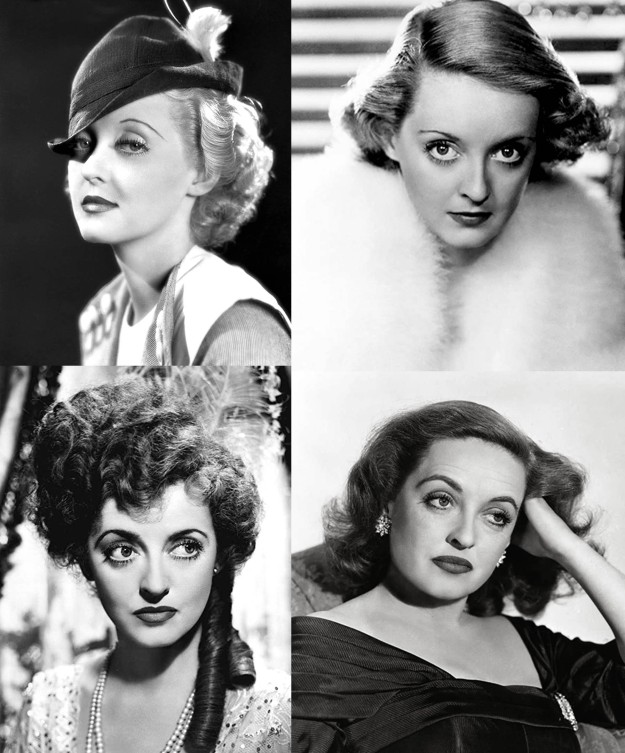I picked up Adib Khorram‘s Darius the Great Is Not Okay a year ago and read it over mid-summer. The sequel, Darius the Great Deserves Better, came out in hardback a year ago and the paperback a few weeks ago. I adored the first book, not only for its Bette Davis reference, but also in the way it presented the subjectivity of its title character. Even when the “ums” became tiresome to read, I still liked Darius and felt really bad for how his classmates treated him.


Not Okay follows Darius and his family’s trip to Iran to visit Darius’s mother’s family, Deserves Better continues with the story after they’ve returned home to Oregon. Darius goes from awkward, self-embarrassed to less awkward, but still a little self-embarrassed. His “ums” decrease a tad — some of them are replaced with “that’s normal, right?”
Although the first book has better writing overall and addresses the topic of self-identity and multi-culturalism very well, the second book is more “fun” to read because there are more opportunities to separate from the interiority of the main character. The reader can identify with his troubles without being in his head, even though he is the narrator. There are also more provocations to talk at the book, at the characters, to say things like, “Because Darius, you like ____.” And yet, some of the conversations between the characters, whether it’s Darius and his parents or Darius and his friends, pulsate with advice column material. It’s as though the author came across an old high school lit mag with the theme of “how to talk about XYZ with your family and friends.”
This assessment originates from the mind of someone who used Windows 3.1 on the first family computer. If I were in junior high or high school right now, or even college, would my reception of these two books be different?
Fun fact: I read Randy Ribay‘s Patron Saints of Nothing after finishing Not Okay and waiting for Deserves Better on paperback to be released, and when I got my hands on the latter finally, I kept thinking about Randy Ribay’s book. Both of the Darius books together generates the same emotional response as Patron Saints of Nothing in their exploration of coming-of-age narratives and themes around family dynamics and ethnic heritages. Would their protagonists be friends? Hmmm.

